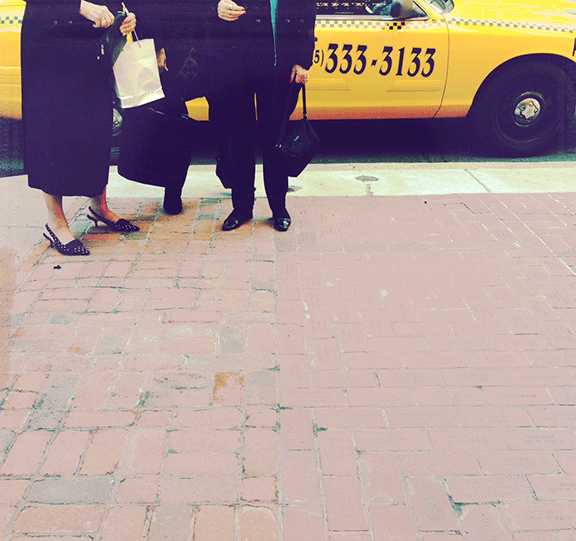
“Cities used to own this country!” proclaimed Chris Matthews, host of MSNBC’s Hardball, at a public-policy roundtable during Family Weekend at Penn in late October. It was the final day of a conference on “The Shape of the New American City,” sponsored by the Penn Institute for Urban Research along with the American Academy of Political and Social Science (AAPSS), and Matthews had joined Newsweek’s Howard Fineman in a question-and-answer session with Penn professors and student journalists. Urban policy was at the top of the conference’s agenda; Matthews’ lament stemmed from its near-total absence from the presidential campaign.
In her introductory remarks, AAPSS executive director Phyllis Kaniss CW’72 echoed similar sentiments by citing a statistic that had been brought up the day before.
“The nation’s cities and their suburbs represent 83 percent of the nation’s population, and they produce 89 percent of this nation’s economic output,” she said. So one might suppose that urban policy would be a major focus in an election year. But if anything, Kaniss observed, the opposite has been true. “We’ve heard relatively little about urban America but a great deal about small-town America.”
Fineman tried to sketch out a logic for why that should be so. Exurban voters, he said, “weren’t Democrats or Republicans; they were persuadable. They were on the edges of cities and they wanted traditional cultural values, something to hang onto.” It was by targeting this kind of voter, he contended, that President George W. Bush won two terms in the White House.
“Those [voters] have been the balance wheel, the ‘ground zero,’ if you will, of presidential elections,” Fineman continued. The propensity of urban voters to pull the lever for Democrats, meanwhile, could work in a perverse way to keep both major parties silent on matters of urban import.
There’s a natural tendency for the GOP to focus on rural communities that comprise that party’s base, Fineman noted. Yet that may not lead Democrats to devote much attention to the concerns of city dwellers. “Even with Barack Obama, who’s from the south side of Chicago—you don’t get more urban than that—he has spent most of his time worrying about people he almost catastrophically described as clinging onto their guns and their religion.”
In Fineman’s view, Democrats are guilty of viewing urbanites as a locked-in voting block—enabling candidates to cater to exurban swing voters instead of addressing metropolitan issues.
So what might improve the situation for city folk? Measures designed to lure their old exurban neighbors back downtown, Matthews suggested. Public transit would be a good place to start, he said, making light of his status as a Penn parent (as is Fineman). “My daughter goes to school here and she doesn’t even take the subway surface cars.”
Improving that system would go a long way to attracting people back to cities and spurring economic development, Matthews added. “The only way to deal with energy costs is mass transit that people like to take … Mass transit does not have to be the grim price you pay for poverty.”
Kaniss threw out a different explanation for the absence of urban issues from recent presidential campaigns: the media’s apparent reluctance to inject the topic into its coverage. After all, in the three debates between Barack Obama and John McCain, not once did the words urban, city, or metropolitan emerge from a moderator’s mouth.
“The journalists follow where the conflict is, they follow where the battle is,” Fineman reponded. Airtime and column-inches in print go to more dramatic stories, such as the global economic crisis, instead of covering the continuing problems that have already plagued cities for years.
If that’s the case, the leaders of big cities may want to heed the tactics of two Penn alumni who scored a measure of media attention not that long after the panel broke up. In November, Philadelphia mayor Michael Nutter W’79 and Atlanta mayor Shirley Franklin G’69 Hon’07 delivered a letter to U.S. Treasury Secretary Henry Paulson in Washington, requesting a share of the $700 billion financial-rescue package for cities whose budgets and credit lines have been squeezed.
“I want to make sure that cities and metro areas are at the table, that their voices are being heard,” Nutter told reporters. Whether they’ll have an easier time when a former community organizer enters the White House remains to be seen.
—Pamela Yau C’09
Podcasts of “The Shape of the New American City” conference, as well as a video of the public-policy roundtable, are available at conference.aapss.org/
new_american_city/index.html.
—T.P.



